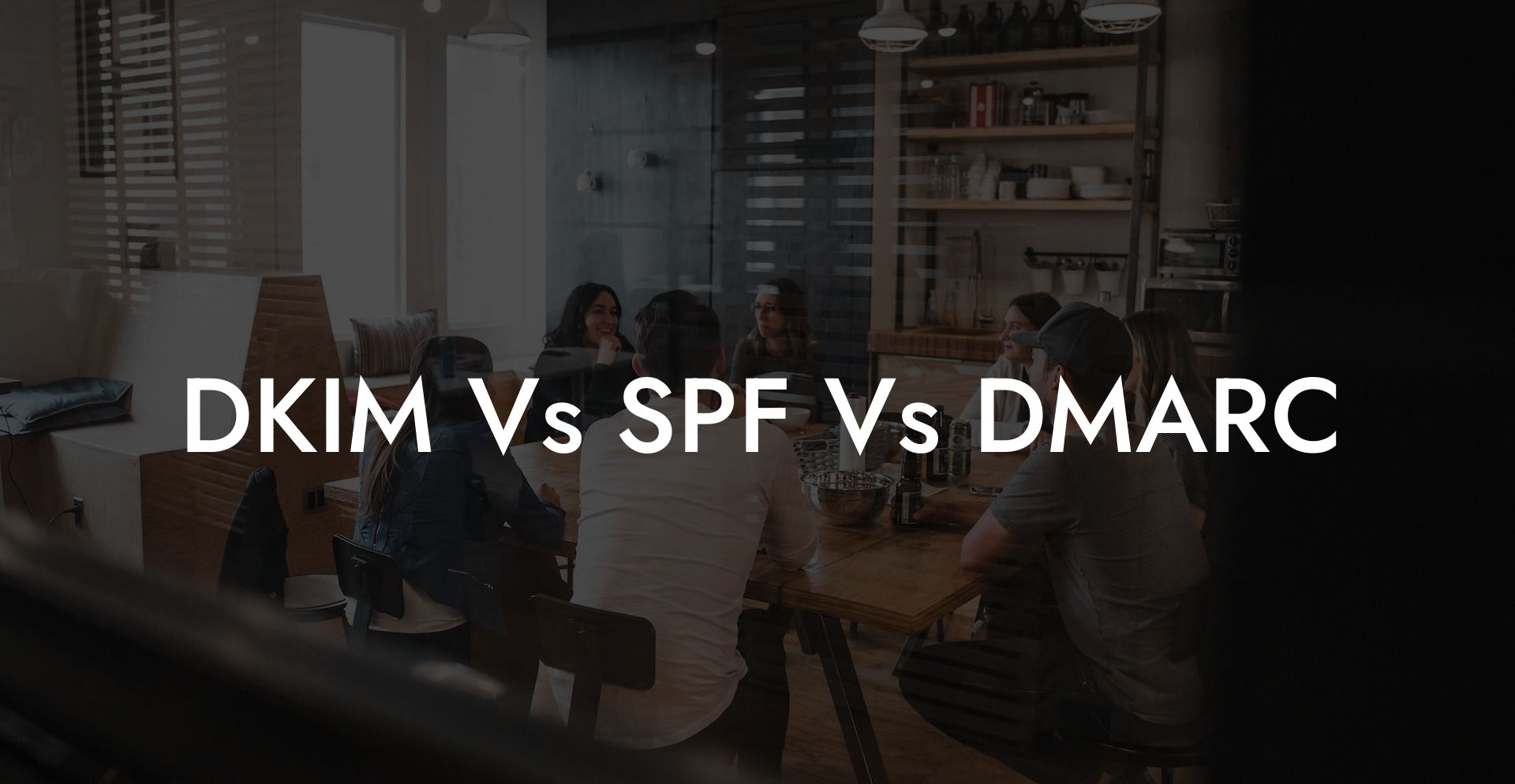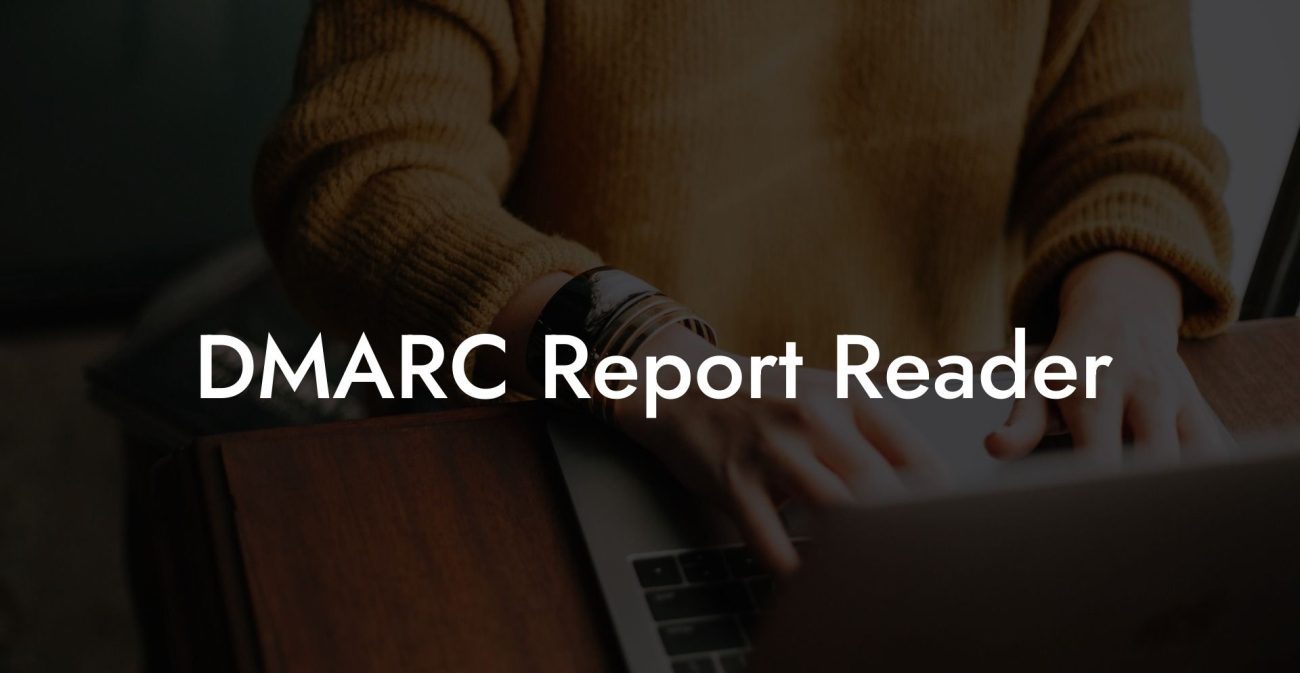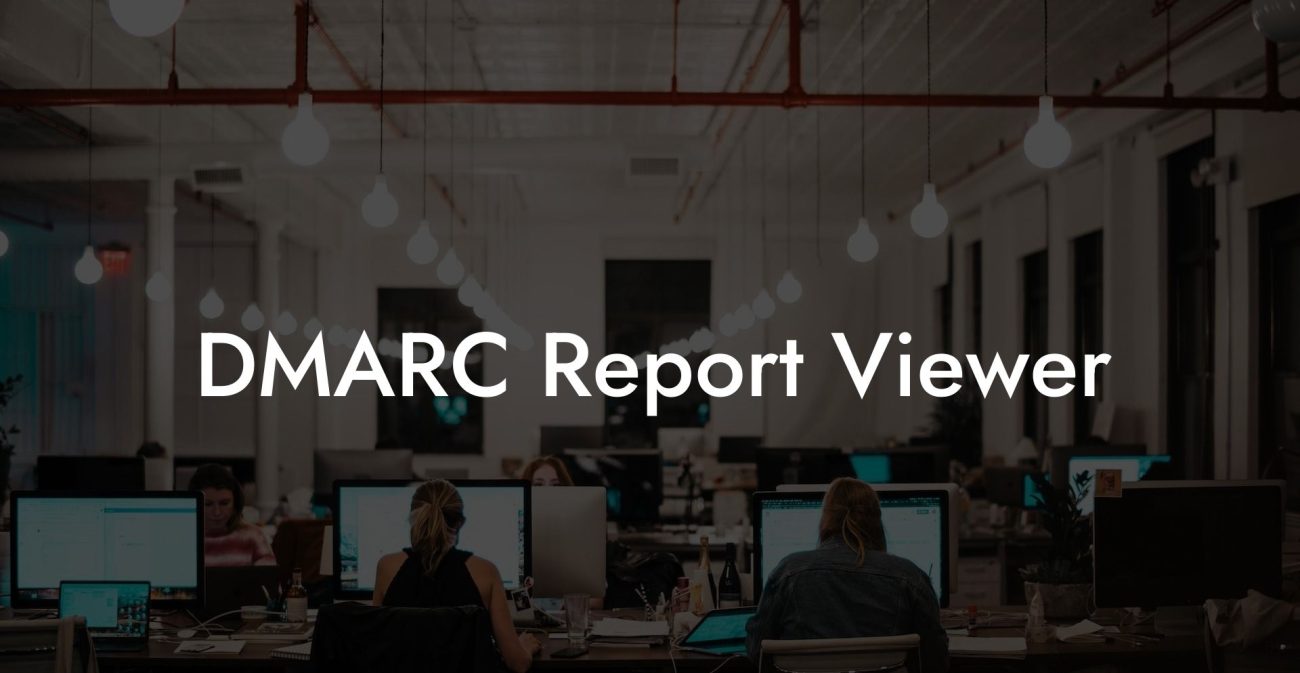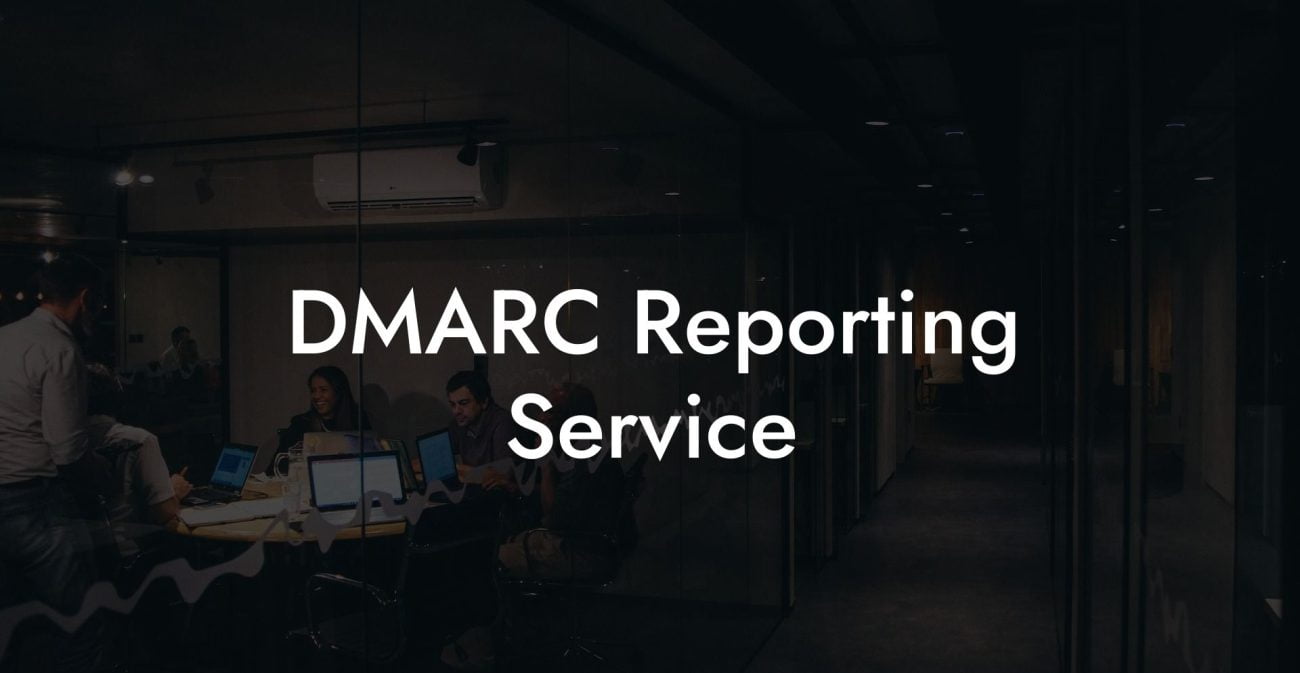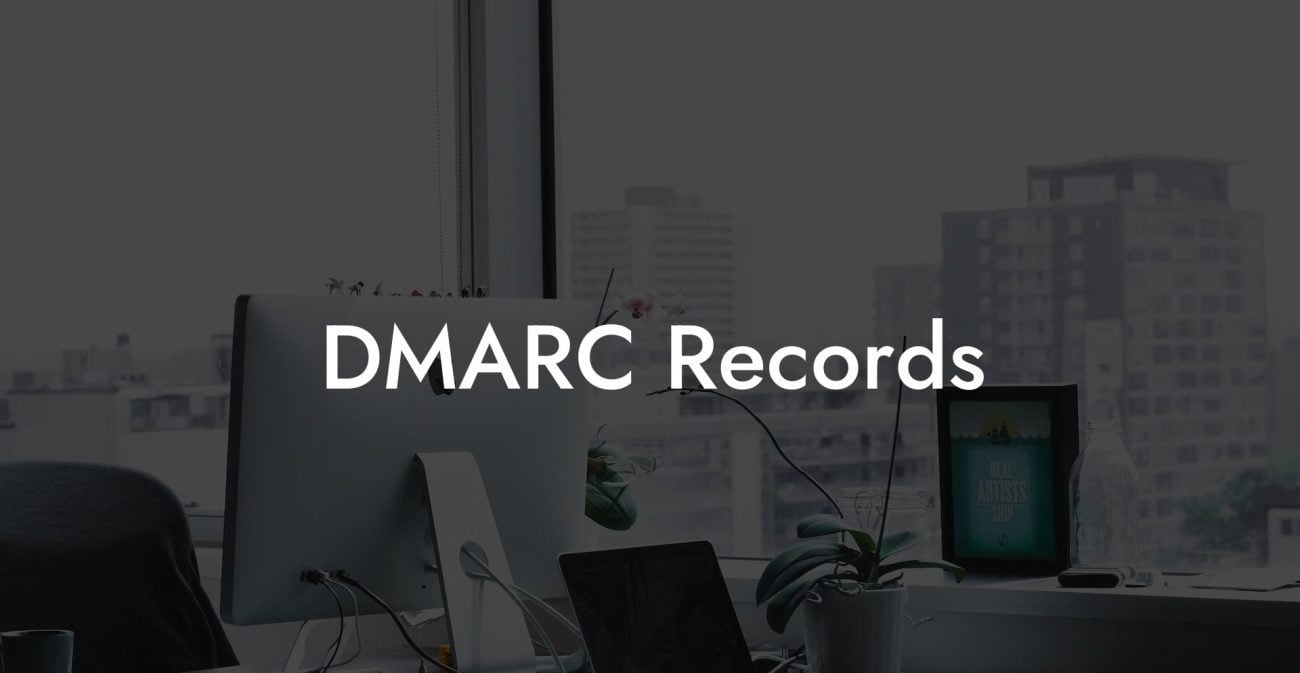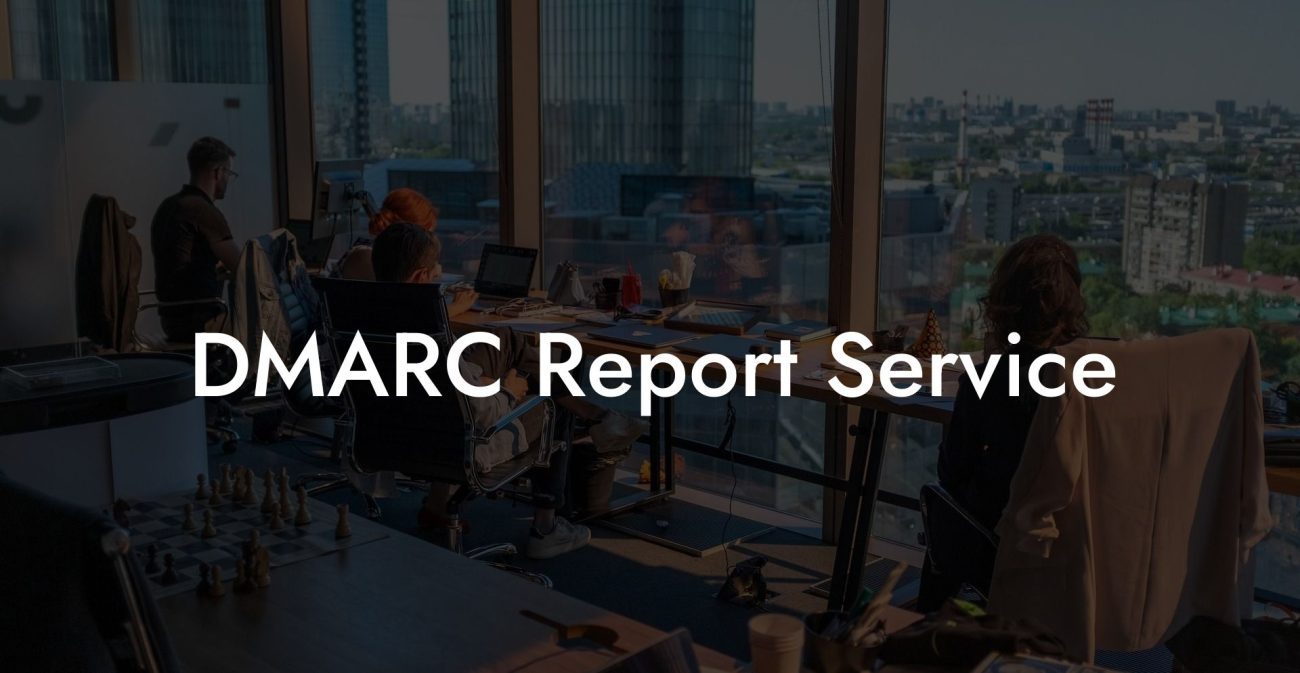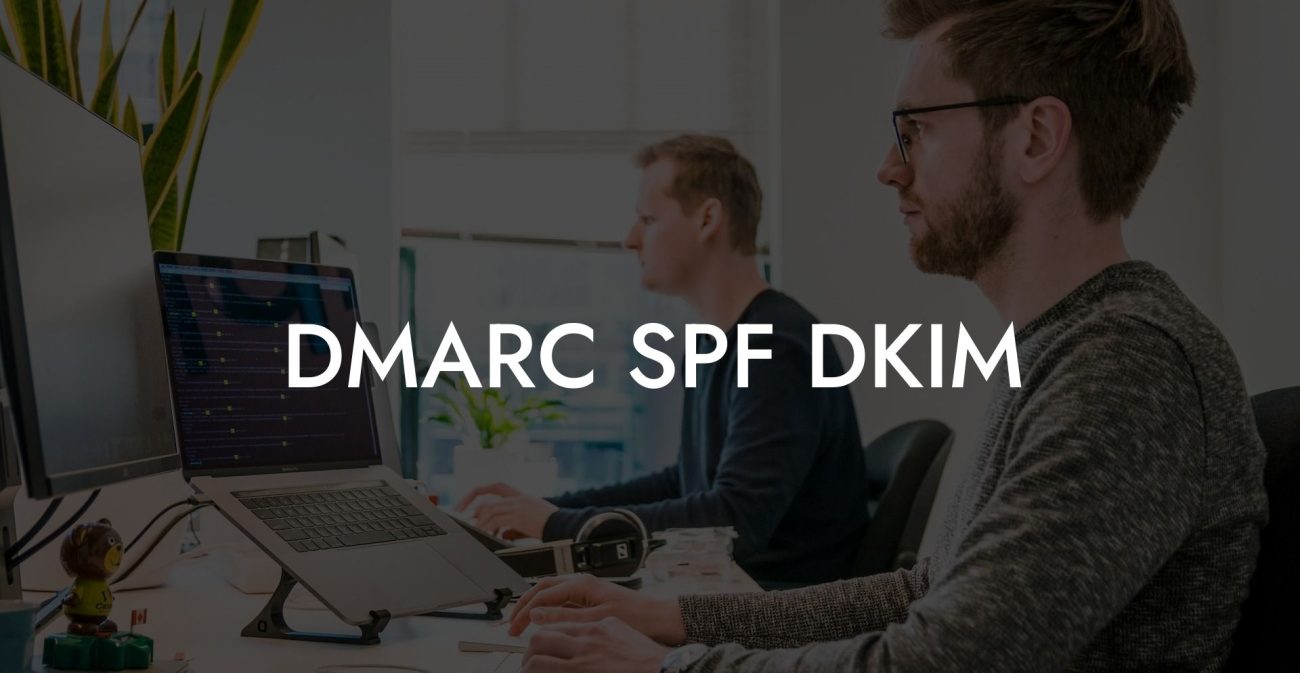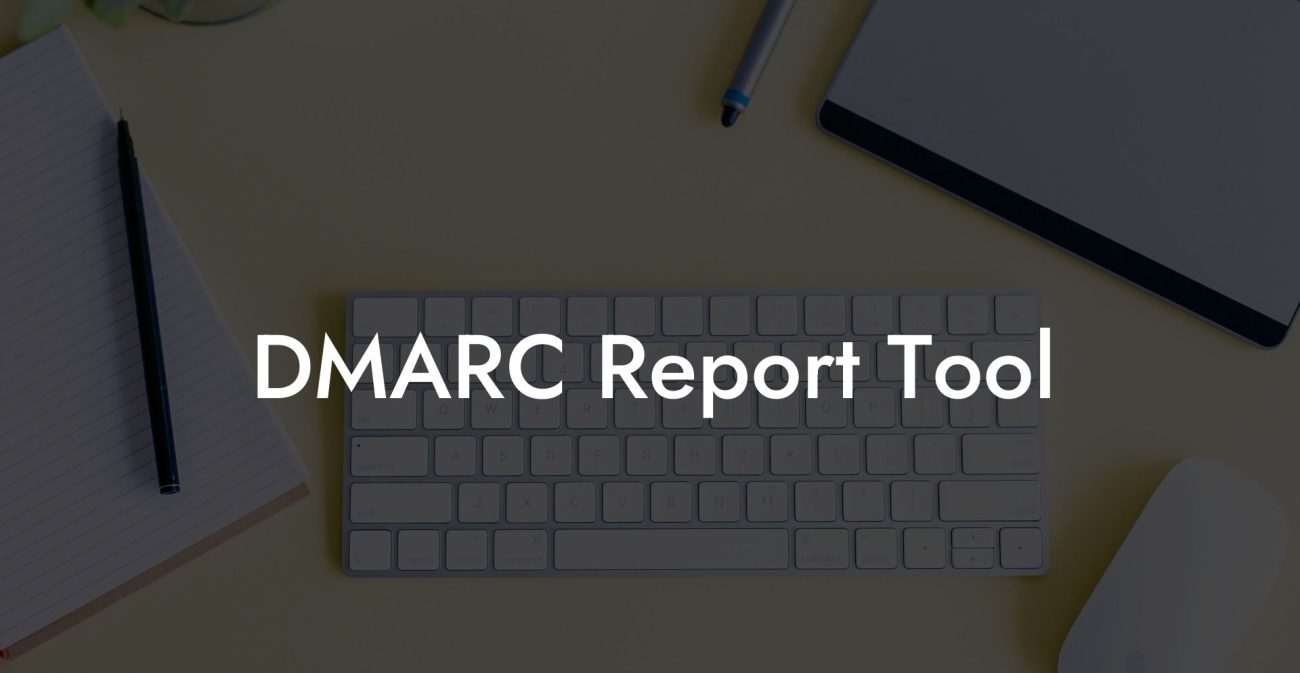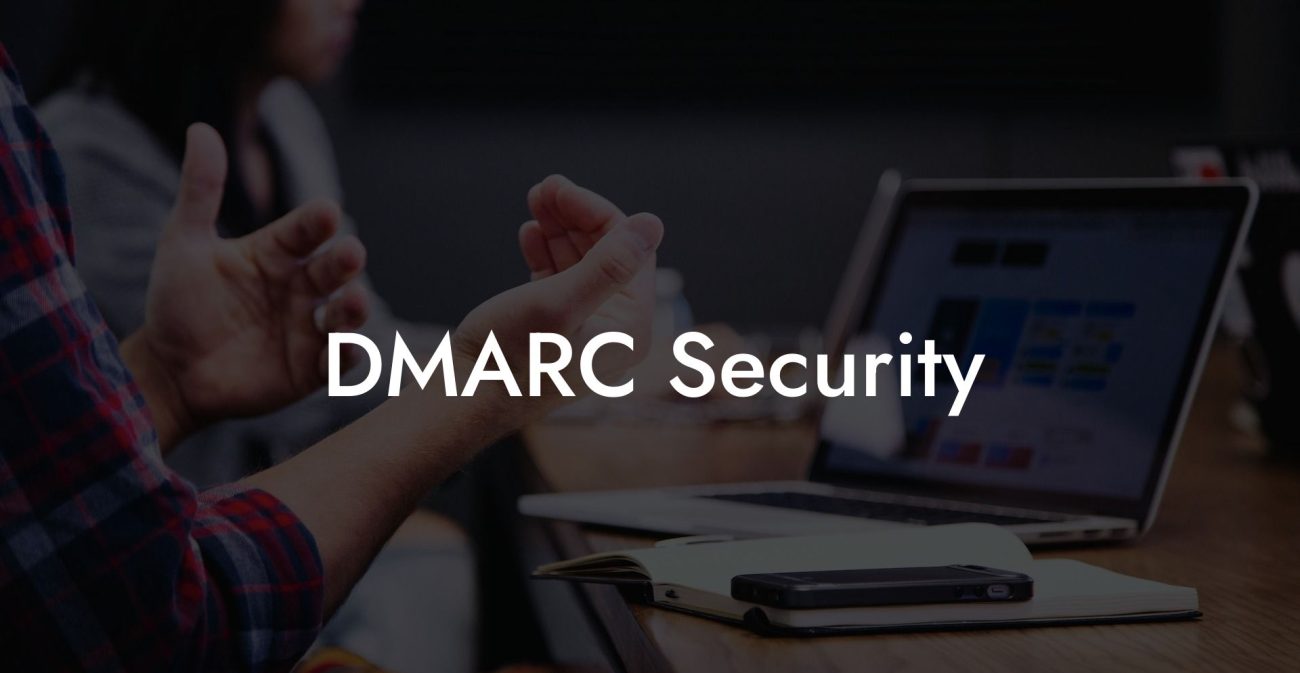Are you concerned about the security of your email communications? You're not alone. With the increasing number of phishing scams, cybercriminals are targeting both individuals and businesses, making it essential to understand the importance of email authentication protocols. The three most common ones are DKIM, SPF, and DMARC. In this article, we will explore the differences between these three email security standards and help you determine which one is best for your organization's cybersecurity needs.
DKIM Vs SPF Vs DMARC Table of Contents
What is DKIM?
DomainKeys Identified Mail (DKIM) is an email authentication protocol that allows for the verification of the identity of the sender and ensures that the content of the email has not been tampered with during transmission. DKIM works by attaching a digital signature to each sent email, which is generated using a private key. The recipient's email server then uses a public key that has been published in the sender's DNS records to validate the digital signature. If the signature is valid, it indicates that the email is indeed from the purported sender and has not been altered in transit.
What is SPF?
Protect Your Data Today With a Secure Password Manager. Our Top Password Managers:
Sender Policy Framework (SPF) is another email authentication method that helps prevent email spoofing. It works by allowing domain owners to specify which mail servers are authorized to send emails on behalf of their domain. When a recipient's email server receives an email, it checks the sending server's IP address against the SPF record published in the DNS. If the IP address is listed in the SPF record, the email is considered valid. If not, the email may be marked as spam or rejected outright.
What is DMARC?
Domain-based Message Authentication, Reporting, and Conformance (DMARC) is a protocol that builds upon both DKIM and SPF to provide even more robust email authentication. DMARC allows domain owners to create a policy specifying how recipient email servers should handle emails that fail DKIM or SPF checks. Additionally, DMARC provides a reporting mechanism, enabling domain owners to receive feedback about the authentication status of emails sent from their domain, which helps identify and address any issues.
DKIM Vs SPF Vs DMARC: The Differences
Although DKIM, SPF, and DMARC all aim to enhance email security, each one works in a slightly different way and offers distinct advantages:
- DKIM: Ensures message integrity and sender verification through the use of digital signatures. However, it can be more complex to implement and maintain compared to SPF.
- SPF: Relatively easy to implement and focuses on preventing email spoofing by verifying the sending server's IP address. However, it does not verify the content of the email like DKIM.
- DMARC: Takes email authentication to a higher level by combining the benefits of both DKIM and SPF and adding policy enforcement and reporting features. However, it requires the proper implementation of both DKIM and SPF to work effectively.
DKIM Vs SPF Vs DMARC Example:
Let's say your organization, example.com, wants to improve its email security. You decide to implement all three protocols – DKIM, SPF, and DMARC.
For DKIM, you will generate a public-private key pair, and the private key will be used to sign all your outgoing emails. You will then publish the public key in your domain's DNS records under the TXT record.
For SPF, you will create a policy that lists all authorized mail servers allowed to send emails on behalf of example.com. This policy will also be published in your domain's DNS records as a TXT record.
Finally, you'll implement DMARC by creating a policy specifying how the recipient's email servers should handle messages that fail DKIM or SPF checks. This policy may include options like quarantining or rejecting the email outright. You will also specify an email address where you'd like to receive DMARC reports on the authentication status of your sent emails.
With a better understanding of the differences between DKIM, SPF, and DMARC, you can make a well-informed decision on which email authentication protocols to implement for your organization. It is crucial to stay vigilant in protecting your email communications from phishing and other malicious threats. If you found this article helpful, please feel free to share it with others. To learn more about email security and overall cybersecurity, check out the other informative articles on our Voice Phishing blog.
Protect Your Data Today With a Secure Password Manager. Our Top Password Managers:

